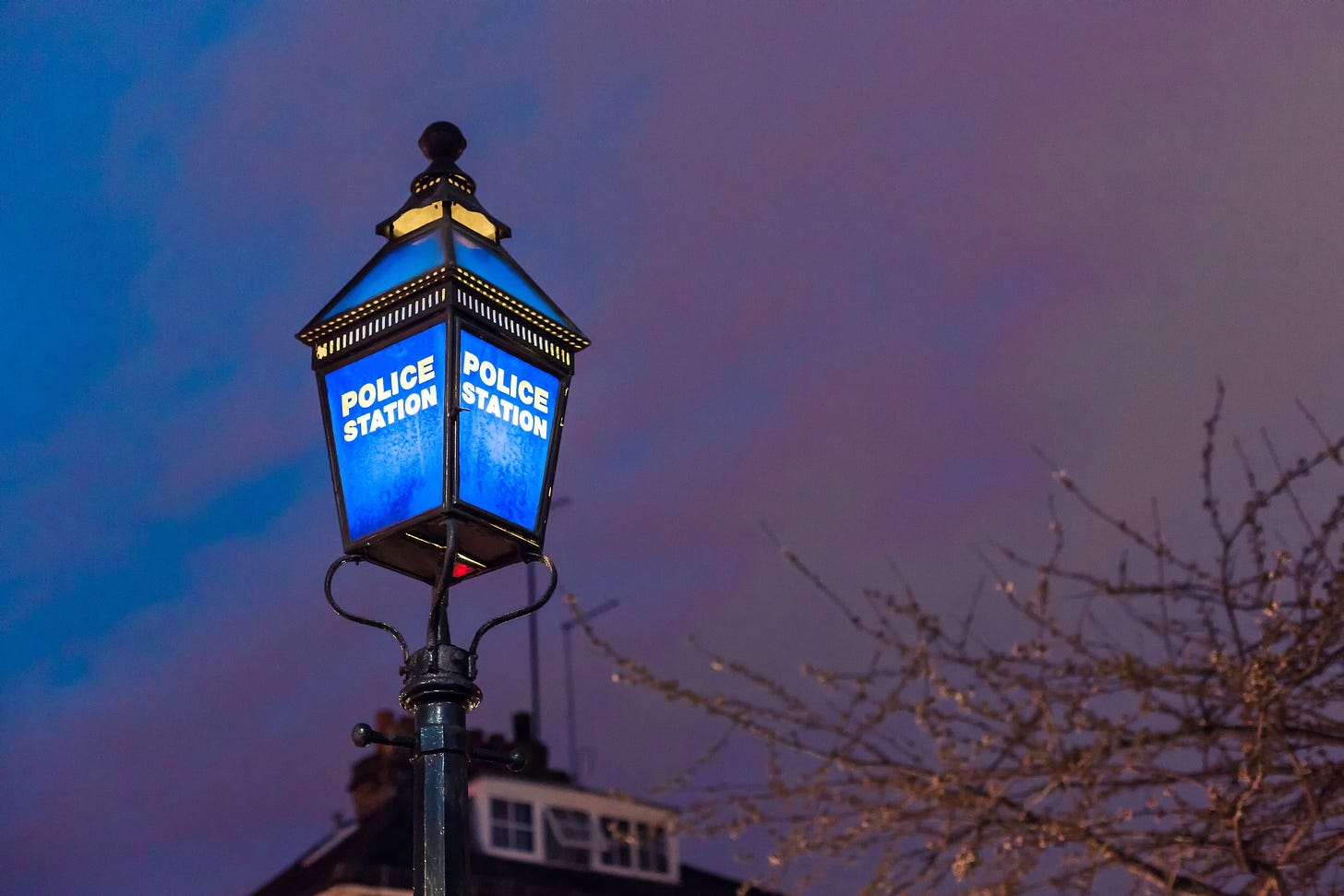Survivors' Voices: Reporting to the Police, Part 2
Last week, I shared thoughts and experiences from those who have experienced sexual abuse by Catholic leaders: Survivors' Voices: Reporting to the Police. These perspectives gave me a lot to think about, and I have a few more reflections to highlight today.
If you have experienced sexual abuse in the Catholic Church and would like to share your own thoughts in future posts on this blog, I would be grateful to include your perspective. You can find information about joining the Survivors’ Voices Panel here: An Invitation for Survivors.
My abuse was actually reported to the police by the Church. I reported my abuse to the Church and, in accordance with their policy, the Church forwarded my complaint to the state Attorney General's office. Shortly thereafter I was contacted by a police detective and a prosecutor from the District Attorney's office. After a year-long investigation, the DA decided that there was insufficient evidence to charge the priest with a crime. I wish that more people understood how difficult it is to prosecute cases of rape and sexual assault when there is no physical evidence (and often, even when there is!). I think that many people assume that if a police report or an investigation doesn't lead to an arrest or a trial, it means that the complaint wasn't valid. This is far from true.
It took me a long time for me to call what happened sexual assault, because my brain would not allow me to think a priest could do that. I even wondered if it might be love, because my history of childhood abuse wired my brain to equate abuse with love. Also, how could I get a priest in that kind of trouble? Believe it or not, I was always trying to protect him and his priesthood, assuming all the responsibility for both of us. This incident tapped deeply into early childhood trauma with paternal figures as well. What child would call the police on her “father”? I was operating out of my limbic brain from which a child operates, bypassing adult rational reasoning. It took consulting with another priest, telling him what transpired, and hearing him utter the word “rape” to get me out of denial. This priest knew what it was. Why didn’t I? My body and spirit knew, but my brain could not reconcile it. The thought of calling the police was too upsetting at the time. By the time I gathered up the strength, he had already been remanded back to his bishop in his country, where he was placed right back into active ministry. I had a hard enough time with the word rape. Making it more concrete by filing a police report was more than I could handle at the time.
I was advocating for another person, who just came forward after decades. The sexual assault center said, yes, she could file a report with the police no matter how many years it had been. That got me thinking, maybe I could file a report with the police as well. I sent an inquiry email on the police website form. No one answered my email. I was embarrassed for asking then. I didn't pursue anything.
Reporting to the police was the first time that I was allowed to be a credible witness of my own story. I was surprised, because I felt that the police were kinder to me than anyone in the church had been. They treated me like a person whose life mattered, and not as someone who was crazy. The report I made helped police build a case against him, and aided the prosecution when he was charged with felony sexual misconduct against someone else. As the prosecution of the case continued, my testimony was used when it helped the case. During those times, the attorneys were kind and helpful. Sometimes I needed information for my well-being, and those times, attorneys weren't as helpful. Over time, I understood that me and my story were being used as pawns in a game of legal chess. I mattered when I was needed. They kept me in the loop because they could use me, not because they truly cared about me. They cared about winning the case. This was disheartening and left me under/unsupported through the trial as I often lacked key information needed to understand the legal jargon and maneuvering. At the same time, I was motivated to stay in contact with them because I wanted him to stop hurting people, and they were the ones who could stop him.
Thank you all for reading and caring. Stay tuned for the May Reading Roundup next week.
Peace,
Sara



